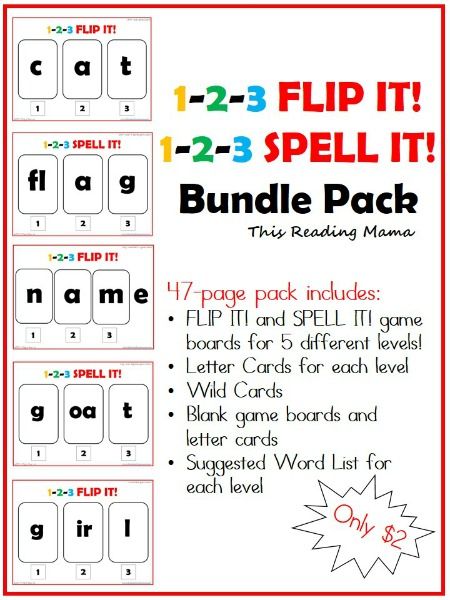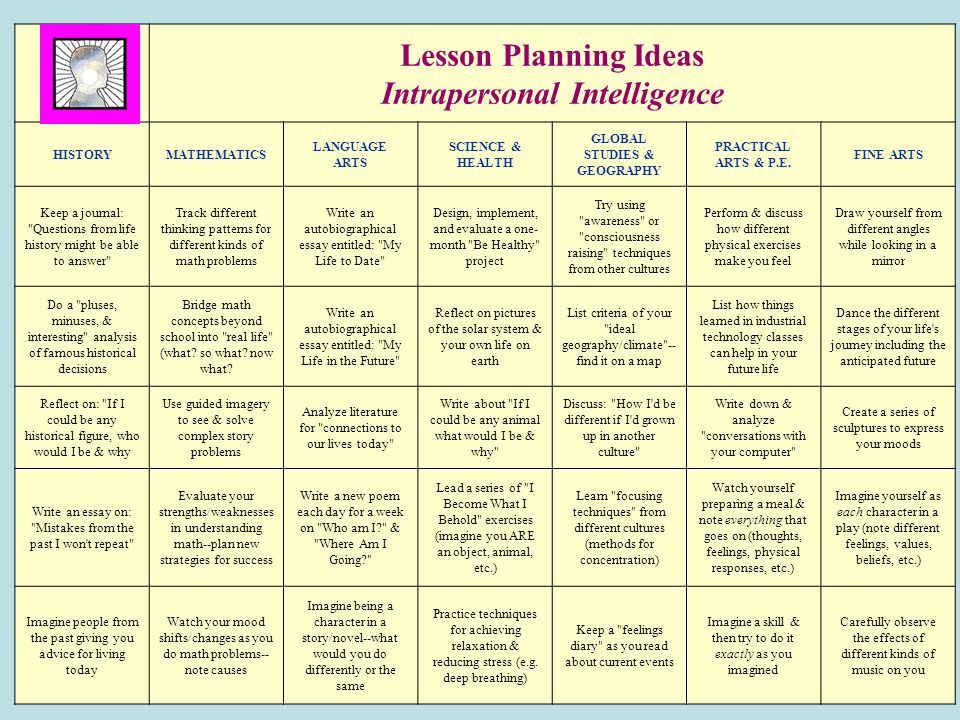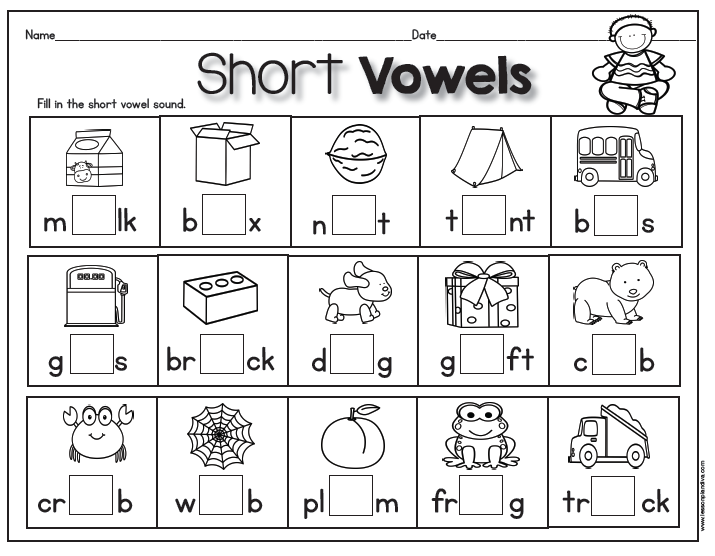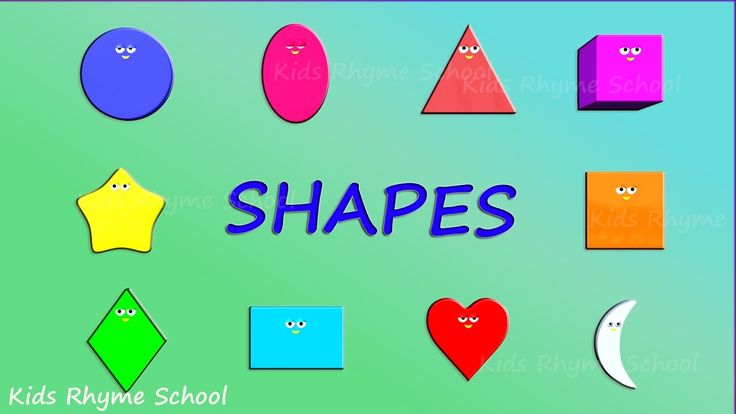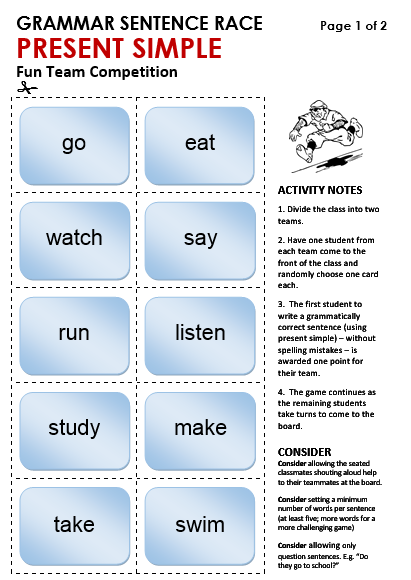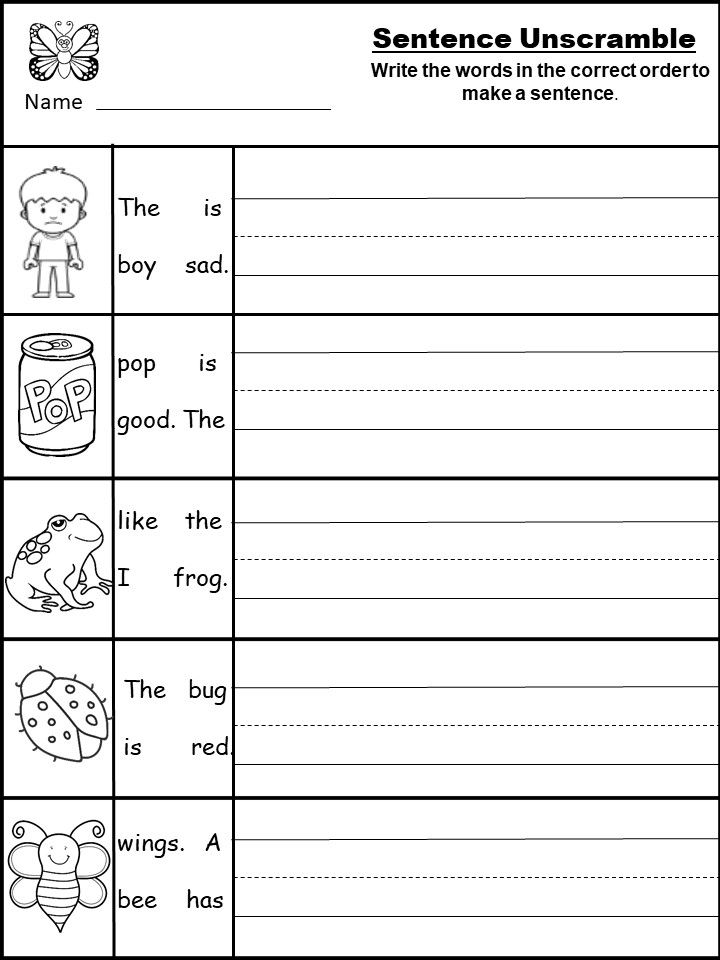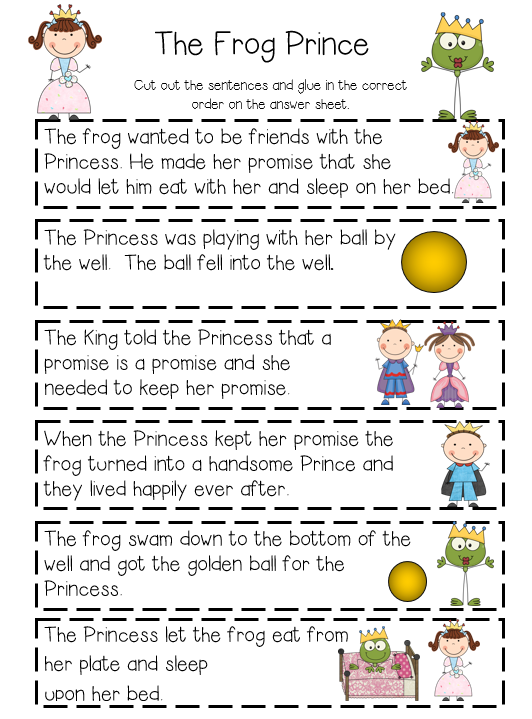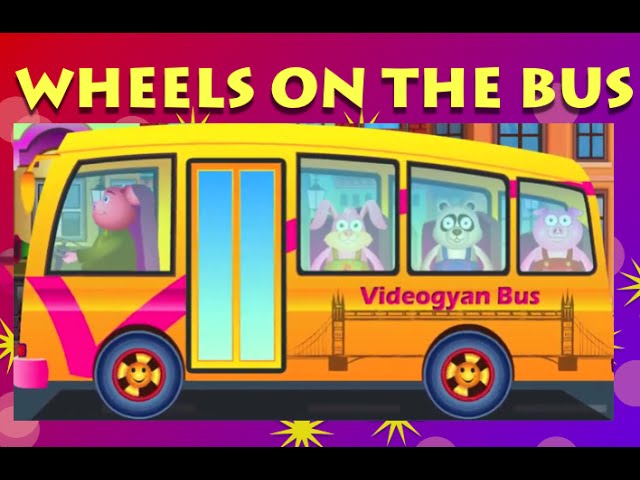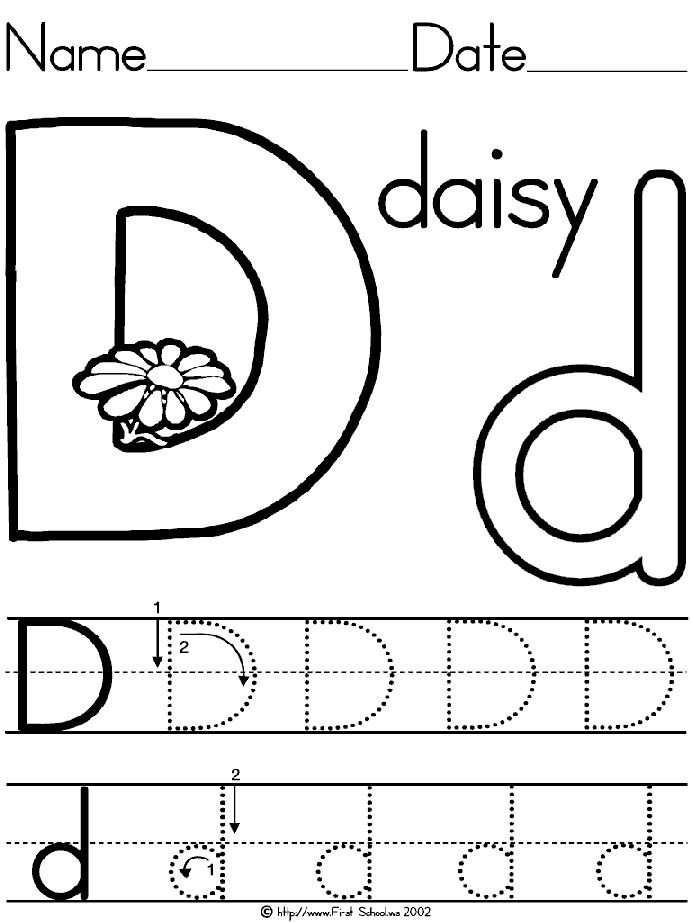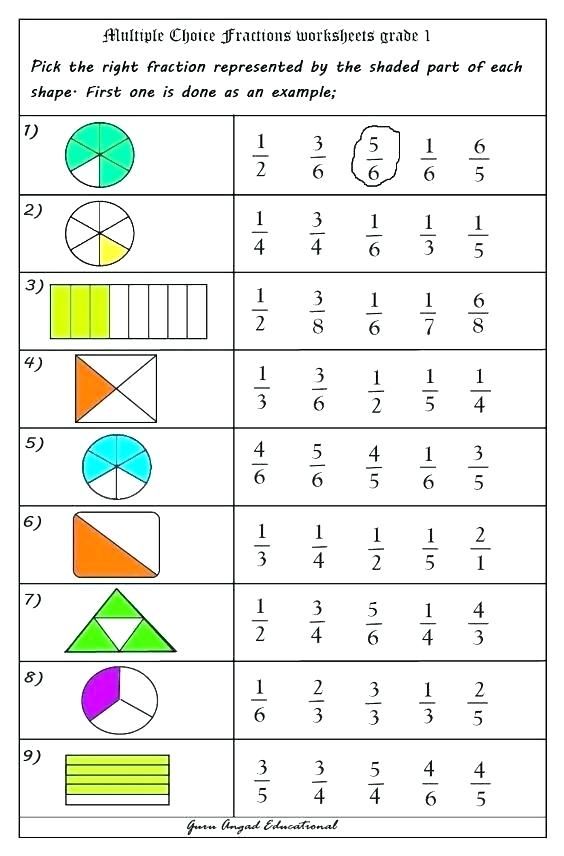Games with spelling
Help
Problem: The website is blocked to my students
Do your students get a message such as "website can't be reached"?
Solution: Contact your school's technology department, or someone at your school who's in charge of the internet, and tell them you wish to use this website with your class. They can simply unblock it by adding it to their list of approved websites within a couple of minutes.
Problem: I’m using a Mac and the website isn’t working
If you’re using a MacBook or an iMac and the website isn’t working, then try using it with a different browser. If you tried Chrome for Mac and it didn’t work, then try the Safari browser instead (it’s already installed on every Mac), or Firefox (it’s free to download, quick to install, and works great).
How can I save my lists?
After you type your list, click the "Save list / Open saved list" button. Then, type a title for your list, and click the "Save" button.
You can save this way up to 24 lists. They will be stored locally in your browser's cache. Note that if you delete your browser's "history" then your saved lists might get deleted.
Problem: I can't save lists / Saved lists are erased
Your lists might not be saved due to the following reasons:
1. Too strict privacy settings in your browser. (try reducing it, or try another browser).
2. Too strict anti-virus or firewall settings. (try reducing it).
3. In schools, web administrators often disable some features of the computers such as the ability to save changes that you've made.
If you can't get your lists saved, you can always save your lists in a document, as described in the following section:
Saving lists permanently
You can save lists permanently in a text document.
Copy the sharing code (see the section below about sharing lists), and paste it inside a text document (such as MS Word or Google Docs). Type your title above it. You can paste this way as many lists as you wish.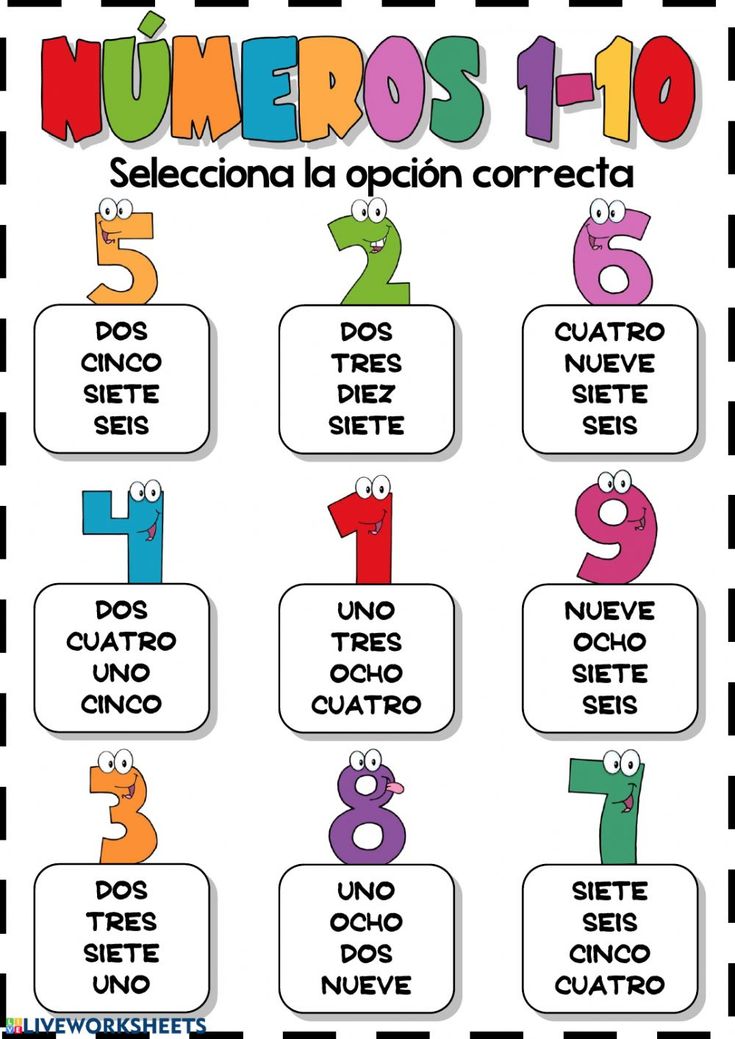 Save the document.
Save the document.
In most document types, when you click the sharing code it will automatically open the website with your list inside it.
How Can I share my list with my students?
After you type your list, click the "Share this list" button. An address that contains your list will appear. Copy it, and paste it in your class's website, or in your Google Classroom.
Problem: A game stopped working (can't hear sound, or the screen is black, or doesn't load)
Note that old computers (older than 4 years) might have trouble running some of the games.
Solutions:
1. Try reloading the page (use the "reload" button on the browser, or the F5 key on the keyboard).
Does it work now? If it doesn't, then try the following:
2. Close the browser, including all its open tabs (better save your word list before closing). If you can, close other computer programs that are open too.
Now wait a few seconds (to let the computer's memory get flushed).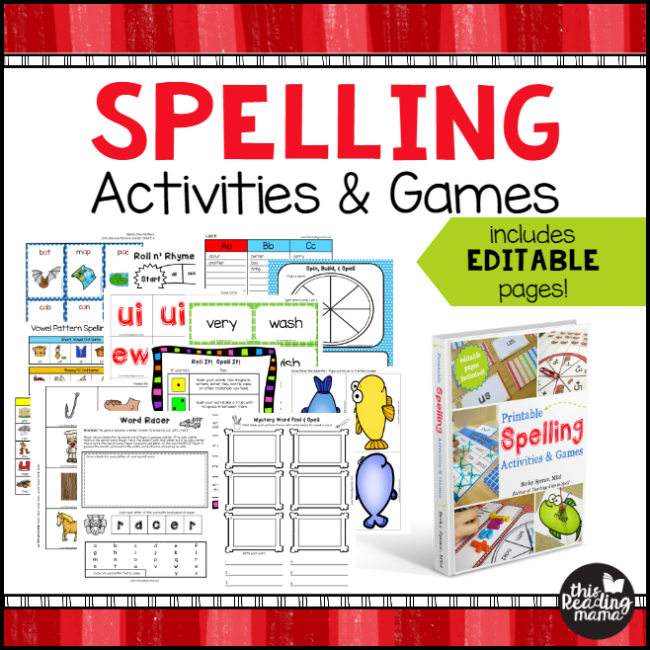
Now open the browser again, get back into spellingtraining.com, go to the problematic page and reload it again.
If it still doesn't work, then:
3. Try the website with another browser (Google Chrome, Firefox, Microsoft Edge, Safari, etc.). If it doesn't work with one - it might work with the other.
If it still doesn't work - please tell me about it! Send me an email to: [email protected]
But also in the meantime, the following solution will probably work -
4. Try using the website from another computer.
Problem: Some games are suddenly missing (Rollercoaster, Dragon)
Solution: If you browse from a computer and this happens, try the following:
1. Maximize the browser's window size. The games might now reappear.
2. Try zooming out by clicking "Ctrl" with "-" (pressing Ctrl with the minus key). If you zoom out the missing games will appear.
Note that those 3d games (rollercoaster, dragon island, jungle speller etc.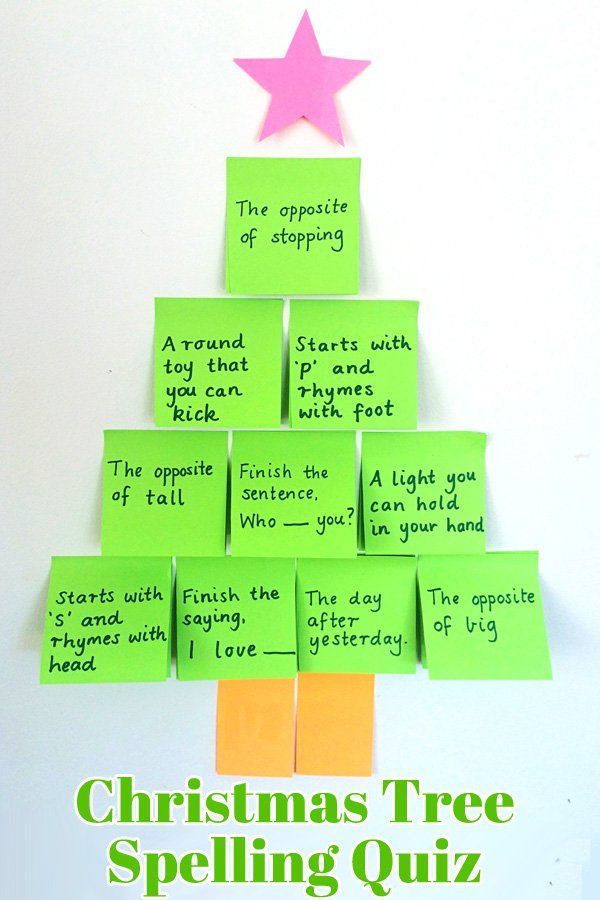 ) won't appear on tablets and smartphones.
) won't appear on tablets and smartphones.
I didn't find an answer to my problem
If there is anything else that you need assistance with, don't hesitate to contact me and I'll do my best to help you. My email is [email protected]
Spelling TestMe
About this Game
Free Activity
The standards correlation for this activity is coming soon!
Spelling TestMe provides students with the opportunity to take a traditional spelling test independently and receive immediate feedback.
Try Spelling TestMe
with a sample word list!
- K-2ndSight Words
- 3rd-5thPossessive Nouns
- 6th-8thGeography
- 9th-12thScience: Chemistry
Create your own word lists and more with Premium Membership
Learn More
- Foundational Skills
- Phonics
- Fluency
What? Spelling is a foundational skill that is necessary for reading and writing proficiency.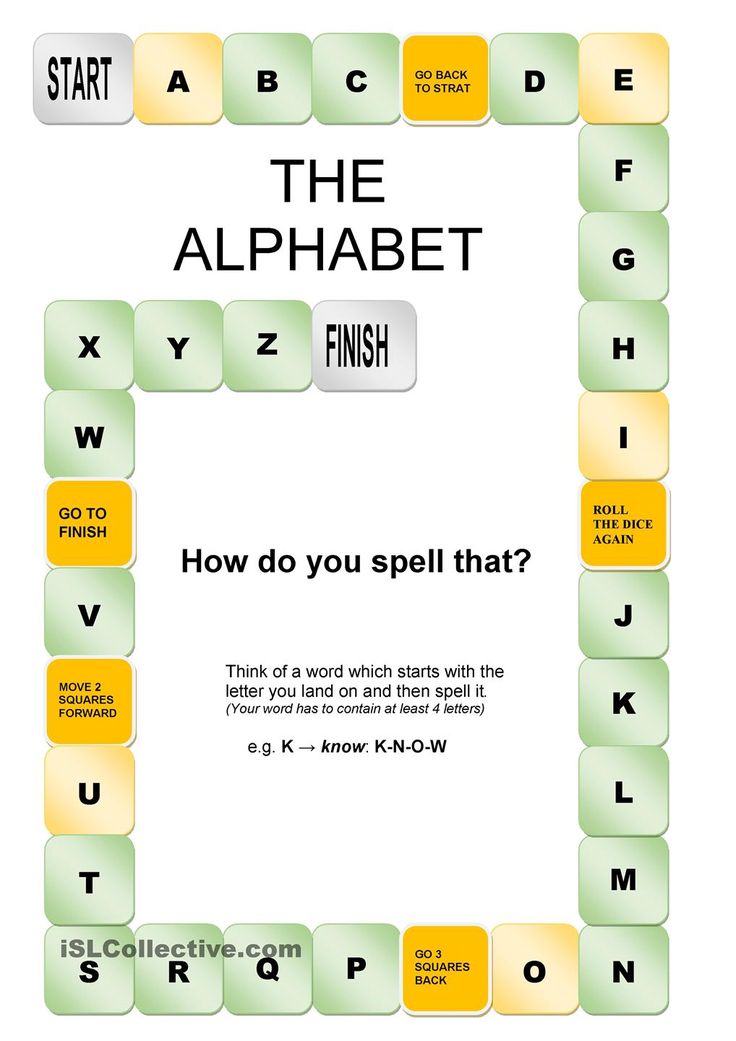 More...Less
More...Less
Spelling instruction begins with phonics and phonemic awareness, two major components in reading instruction. Through spelling, students draw on their knowledge of letter and sound relationships and they can begin to decode and encode words.
When? In kindergarten, students begin to explore letter-sound correspondence and the written English language through inventive spelling. More...Less
Throughout the primary grades, students become familiar with basic spelling patterns, like the CVC (consonant-vowel-consonant) pattern. As students progress into upper elementary grades and middle school, they are exposed to more complex patterns, such as root words and affixes.
How to teach: Spelling TestMe can be used as a pretest to identify which words students need to practice, as a practice test before a graded test, or as a formative assessment.
Play to learn: Spelling TestMe provides students the opportunity to practice, review and assess their spelling.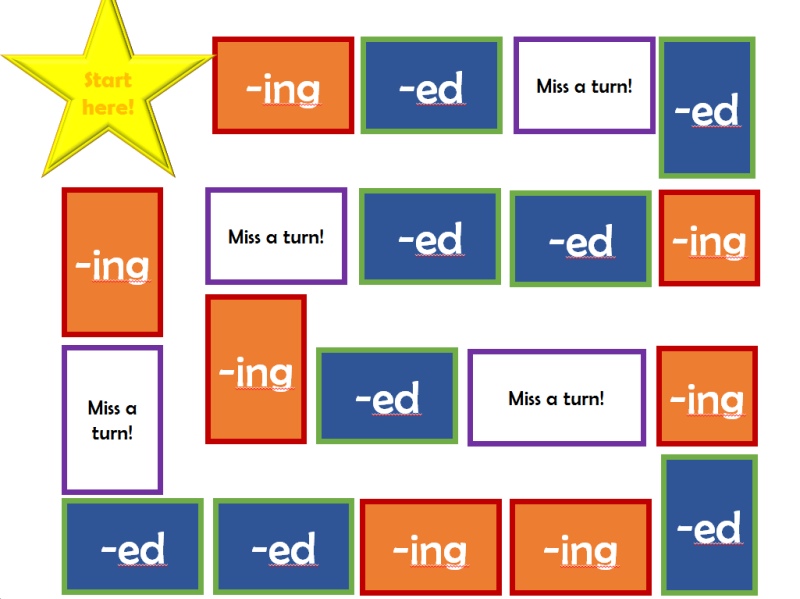 More...Less
More...Less
Each word is read aloud and presented in context. Students have the opportunity to listen again by clicking on the “Word” and “Sentence” buttons. Before the final submission, students have the option of reviewing their words. When words are submitted, the test is immediately graded. Students receive immediate feedback on words spelled correctly and incorrectly. Students have the opportunity to further practice their misspelled words.
Teaching Tip: Spelling TestMe allows for differentiated spelling instruction. Teachers can assign different spelling words for students and assess them at the end of the week using Spelling TestMe. It automates the assessment process, generating and grading tests.
1. Take Test
2. Review Words
3. See Results Including Errors
4. Practice Challenging Words Until Proficient
See all activities!
Didactic games and game techniques in the Russian language lessons when studying the topic: "Spelling of vowels after hissing" | Methodical development on the Russian language (grade 3) on the topic:
Methodical development on the topic:
“Didactic games and game techniques in the Russian language lessons when studying the topic: Swing spelling after hissing”
Content
1.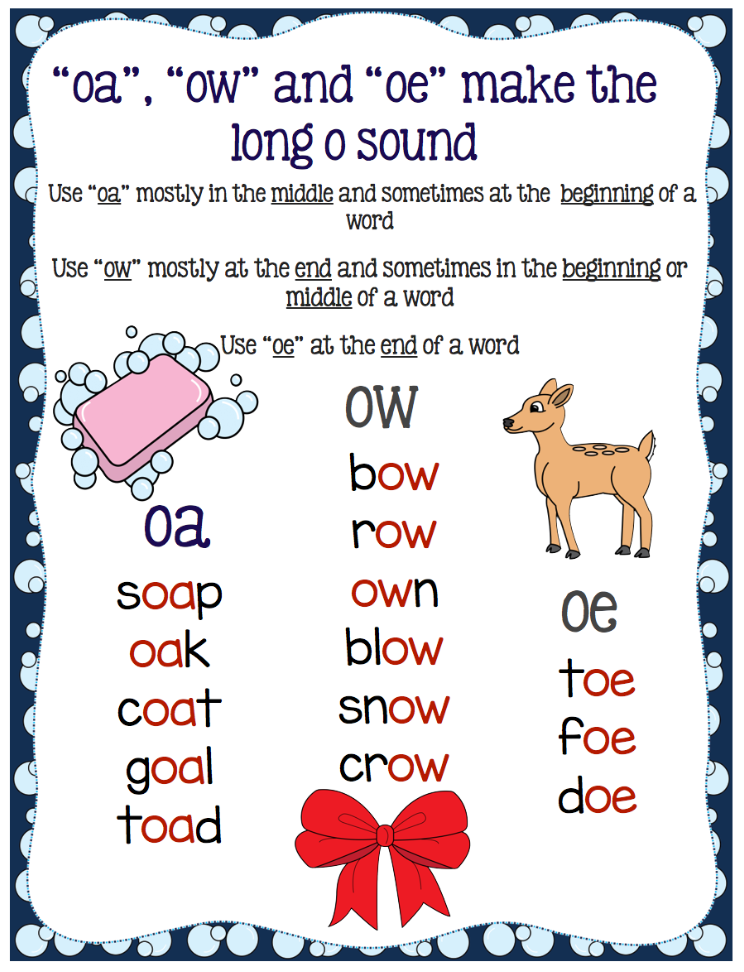 Introduction .
Introduction .
2. Theoretical part.
"The role of didactic games in the correctional learning process."
3. Practical part.
- Didactic games and game techniques.
- Lesson for checking z.u.n. on the topic: ""Spelling of vowels after hissing".
- Lesson presentations.
4. Conclusion.
The purpose of the methodological development:
to develop didactic games and game techniques for teaching students how to spell vowels after hissing.
- Introduction
How to make the Russian language lesson an interesting, entertaining and favorite subject for students of special schools?
One of the most effective means that can arouse interest in Russian language classes is a didactic game. The purpose of the game is to arouse interest in knowledge, science, books, teachings. At primary school age, the game, along with learning, occupies an important place in the development of the child.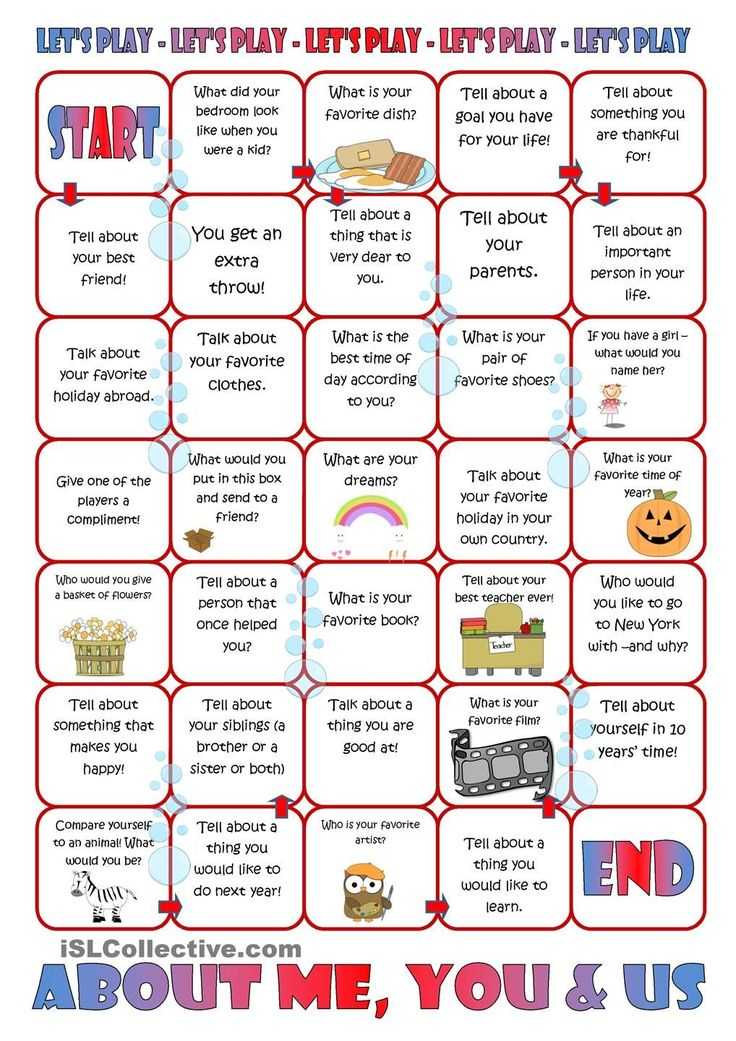 When children are included in the situation of a didactic game, interest in learning activity increases sharply, the material being studied becomes more accessible to them, and their working capacity increases significantly.
When children are included in the situation of a didactic game, interest in learning activity increases sharply, the material being studied becomes more accessible to them, and their working capacity increases significantly.
After all, the fact that the game is part of the learning process is not a secret for anyone. The game helps to form the phonemic perception of the word, enriches the child with new information, activates mental activity, attention, and most importantly - stimulates speech. As a result, children have an interest in the Russian language. Not to mention the fact that didactic games in the Russian language contribute to the formation of the spelling vigilance of a younger student.
Over the course of several years of work in primary school, I observed that Russian language classes do not always arouse interest among students. Some kids find it boring. The unwillingness to study Russian breeds illiteracy. I thought about how to arouse interest in classes, how to improve writing literacy.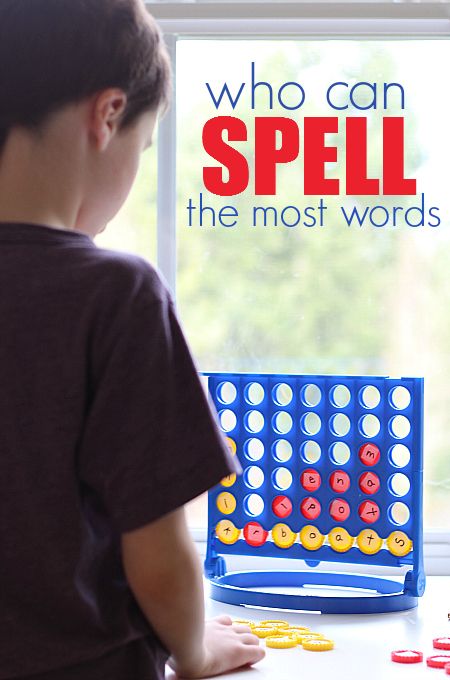 I re-read a sufficient amount of literature, analyzed my lessons and came to the conclusion that it is possible to arouse interest in the Russian language if you systematically accumulate and select fascinating material that can attract the attention of each student.
I re-read a sufficient amount of literature, analyzed my lessons and came to the conclusion that it is possible to arouse interest in the Russian language if you systematically accumulate and select fascinating material that can attract the attention of each student.
As we all know, children with intellectual disabilities have impaired phonemic perception. Therefore, errors are often encountered in the spelling of vowels after hissing. In this regard, I consider it relevant to use didactic games and techniques when studying the topic “Spelling of vowels after hissing”.
- Theoretical part
THE ROLE OF THE DIDACTIC GAME IN THE CORRECTIONAL EDUCATIONAL PROCESS.
The main form of influence on a child in special institutions is organized classes in which adults play the leading role. Mastering the program material depends on the correct choice of teaching methods. At the same time, each teacher should also understand the age characteristics of children, those developmental deviations that are characteristic of the mentally retarded. As a rule, mentally retarded children are inert, unemotional. Therefore, such methodological techniques are needed that could attract attention, interest every child. Mentally retarded children are passive and do not show a desire to actively act with objects and toys. Adults need to constantly create in children a positive emotional attitude towards the proposed activity. This purpose is served by didactic games.
As a rule, mentally retarded children are inert, unemotional. Therefore, such methodological techniques are needed that could attract attention, interest every child. Mentally retarded children are passive and do not show a desire to actively act with objects and toys. Adults need to constantly create in children a positive emotional attitude towards the proposed activity. This purpose is served by didactic games.
Didactic games are one of the forms of educational influence of an adult on a child. At the same time, the game is the main activity of children. Thus, a didactic game has two goals: one of them is educational, which is pursued by an adult, and the other is a game, for which a child acts. It is important that these two goals complement each other and ensure the assimilation of the program material. It is necessary to strive to ensure that the child, without mastering the program material, could not achieve the game goal. A didactic game is a learning tool, so it can be used in the assimilation of any program material and carried out in the classroom both by a teacher-defectologist (individual and group) and by a teacher, and also included in music classes, be one of the entertaining elements on a walk, can be a special kind of activity.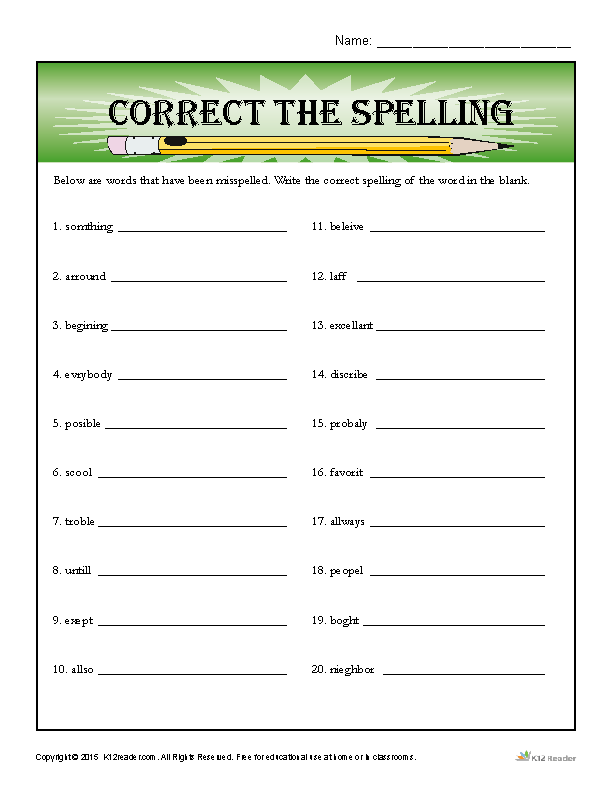
In a didactic game, conditions are created in which each child gets the opportunity to act independently in a certain situation or certain objects, acquiring his own effective and sensual experience. This is especially important for mentally retarded children, in whom the experience of actions with objects is significantly impoverished, not fixed and not generalized.
A mentally retarded child, in order to master the methods of orientation in the environment, to isolate and fix the properties and relations of objects, to understand this or that action, requires much more repetitions than a normally developing child. The didactic game allows you to provide the required number of repetitions on different material while maintaining an emotionally positive attitude towards the task.
Thus, the special role of didactic play in the learning process of a special institution is determined by the fact that the game should make the learning process itself emotional, effective, allow the child to gain his own experience.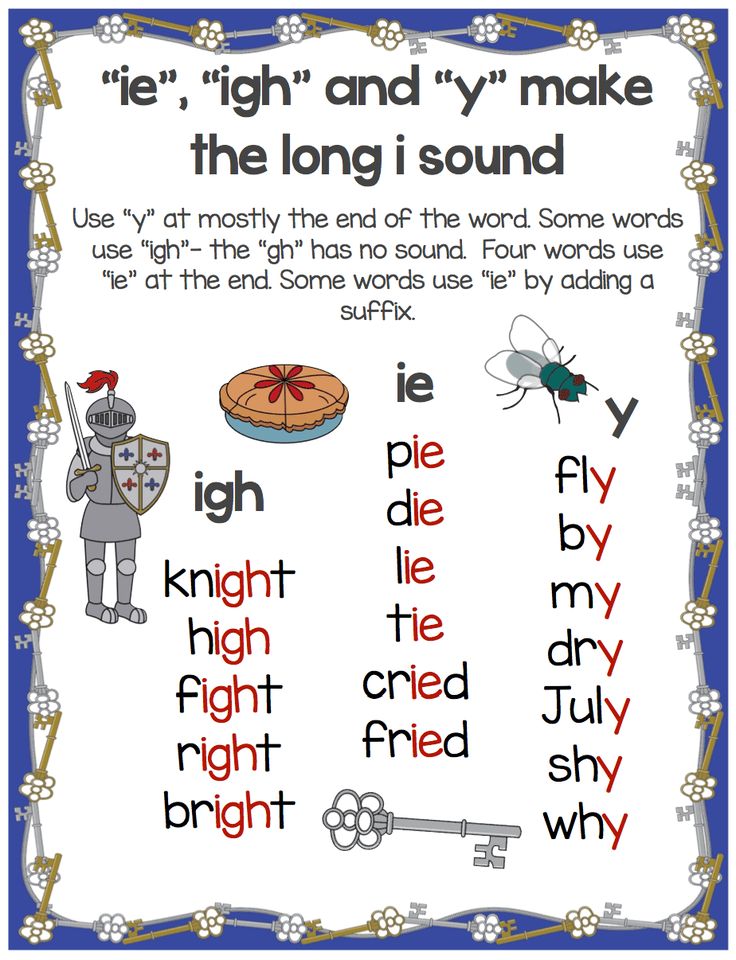
When selecting didactic games, I primarily pursued correctional goals and took into account the developmental features of mentally retarded children.
Upon admission to special institutions, mentally retarded children have difficulty in contact with adults, do not know how to communicate with peers, do not know how to assimilate social experience. If normally developing schoolchildren already perfectly act according to imitation, according to a model and according to emotional verbal instructions, then mentally retarded students must be taught this. Thanks to didactic games, it is possible to organize the activities of a mentally retarded child in such a way that it will contribute to the formation of his ability to solve not only accessible practical, but also not complex problematic tasks. And the experience gained at the same time will make it possible to understand and solve familiar problems in a visual, figurative and even verbal way. In games that contribute to the formation of thinking, two directions are distinguished: from perception to thinking and from visual - effective to visual - figurative and logical thinking.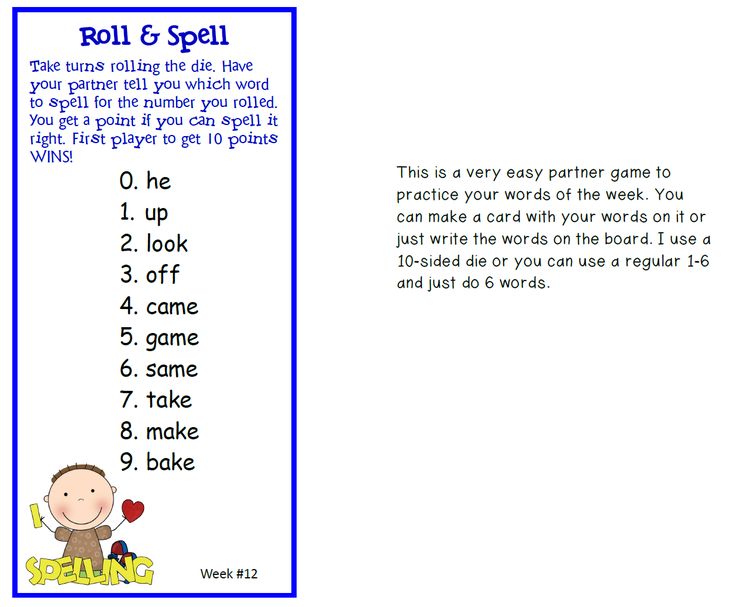
An important condition for the effective use of didactic games in teaching is to follow the sequence in the selection of games. First of all, the following didactic principles should be taken into account: accessibility, repeatability, gradual completion of tasks. All these principles are provided for in the system of location of games.
3. The practical part
will give some didactic games and game techniques that I use in my lessons. She also developed a series of lessons and presentations on the topic "Spelling vowels after hissing".
"Choose three words" (It can be used to consolidate any topic in the Russian language)
Purpose: To follow the formation of spelling skills, taking into account the stage of work on spelling.
The choice of words depends on the topics being studied or covered.
The words are written on the cards:
- th set: stocking, thicket, scarecrow, streams, miracle.
- set: honeysuckle, animal, closet, cup, siskin.
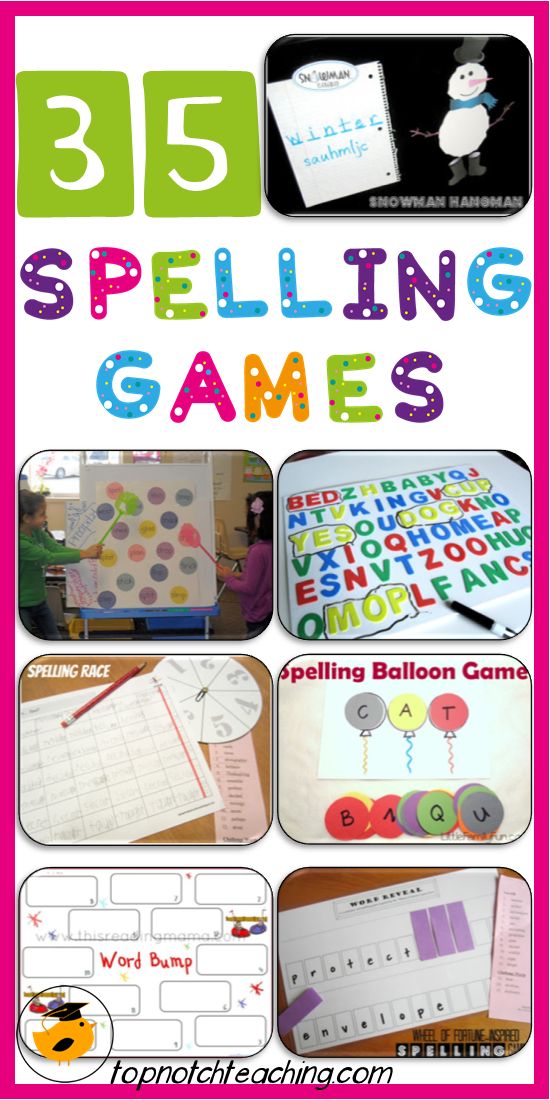
Two people take cards in turn, the winner is the one who first has three words with the same spelling.
Game "Cyphers"
Purpose: automation of sounds, development of phonetic and phonemic perception, processes of analysis and synthesis, understanding of the meaningful function of sound and letters, enrichment of students' vocabulary, development of logical thinking.
Move: They play in pairs: one as a cryptographer, the other as a guesser.
The cryptographer conceives a word and encrypts it. Players can try their hand at deciphering phrases and sentences: zhyil ishmy izhrits y
He is me.
Purpose. Fixing the spelling of words with combinations of chu - shu. Equipment. Words written on the board in three columns.
Game progress. The class is divided into three groups, each is given a column of verbs. At the signal of the teacher, students from each group come out in order and write down one word with the meaning “I do” according to the given one, for example: knocking - I knock. The first group to complete the task without making any mistakes wins.
The first group to complete the task without making any mistakes wins.
Sample material. Words: knocks, is silent, teaches, seeks, flies, drags, cleans, wants, cries, jumps, spends, helps out, turns off, treats, meets, forgives, cracks, growls
Hissing.
Purpose. Activation of words with studied spellings and fixing their spelling (cha - shcha, zhi - shi, chu - shu).
Equipment. Each player has seven syllables zhi and a set of other syllables, which
in combination with this syllable form words: but, ly, u, chi, lu, li, reef.
Each player has eight shi syllables and a set of the next
syllables: gr, er, kry, we, ly, na, y, pit.
Each player has six syllables cha and syllables yes, ku, tu,
sy, shcha, shka.
Each player has four syllables shcha and a set of ro, pi, cha, vel.
Each player has seven syllables chu and four syllables shu, as well as the syllables dak, zhoi, gun, lok, lan, ka, kri, pla, ta, chi, pro.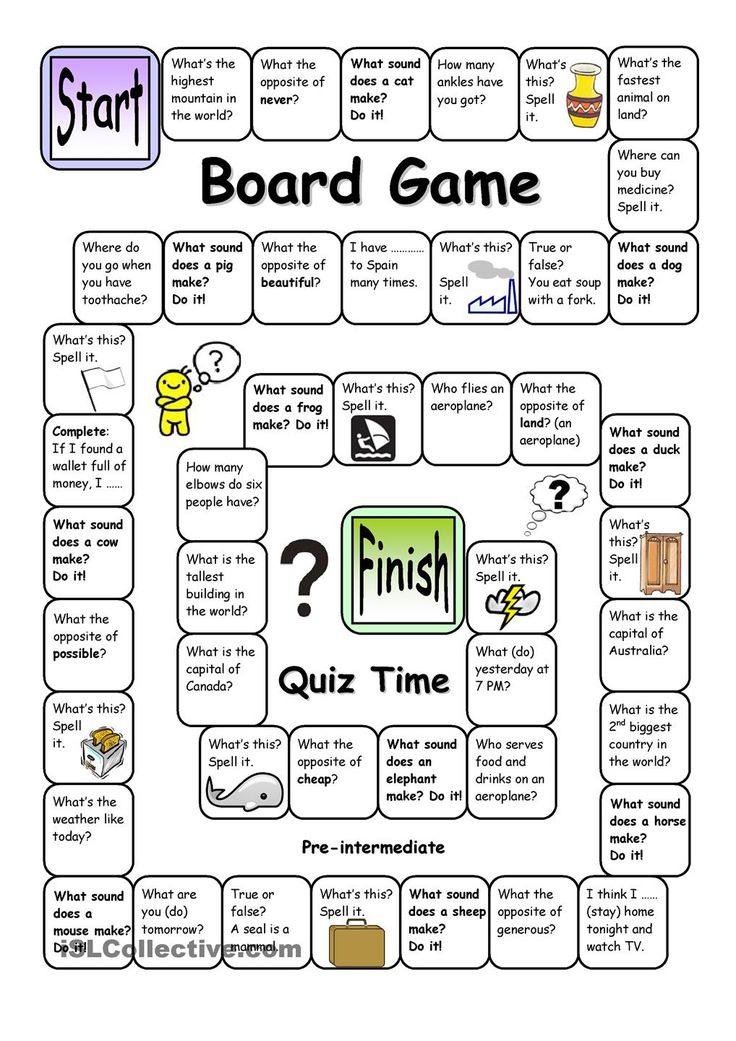
Game progress. Syllables with the studied spelling (one of the options) are laid out in a column. Then other syllables are attached to them on the left or on the right, so that a word is obtained. The winner is the one who first puts all the available syllables into words.
Guess the last word and write it down.
Purpose. Dictionary activation; fixing the spelling of words on the studied rule.
Game progress. See the game with the same name in the topic “Soft sign at the end and in the middle of a word” on p. 52.
You will put
by dinner without gasoline of the spoon, fork and ... (knives).
Our fast ... (car).
The stars began to spin,
began to go to the ground,
No, not stars, but fluffs,
I almost cry from annoyance -
,is not solved ... (task).
Not fluff, but ... (snowflakes).
Kids wanted
Sharpen ... (pencils)
Our Murka sleeps and hears,
How they scratch in the corner .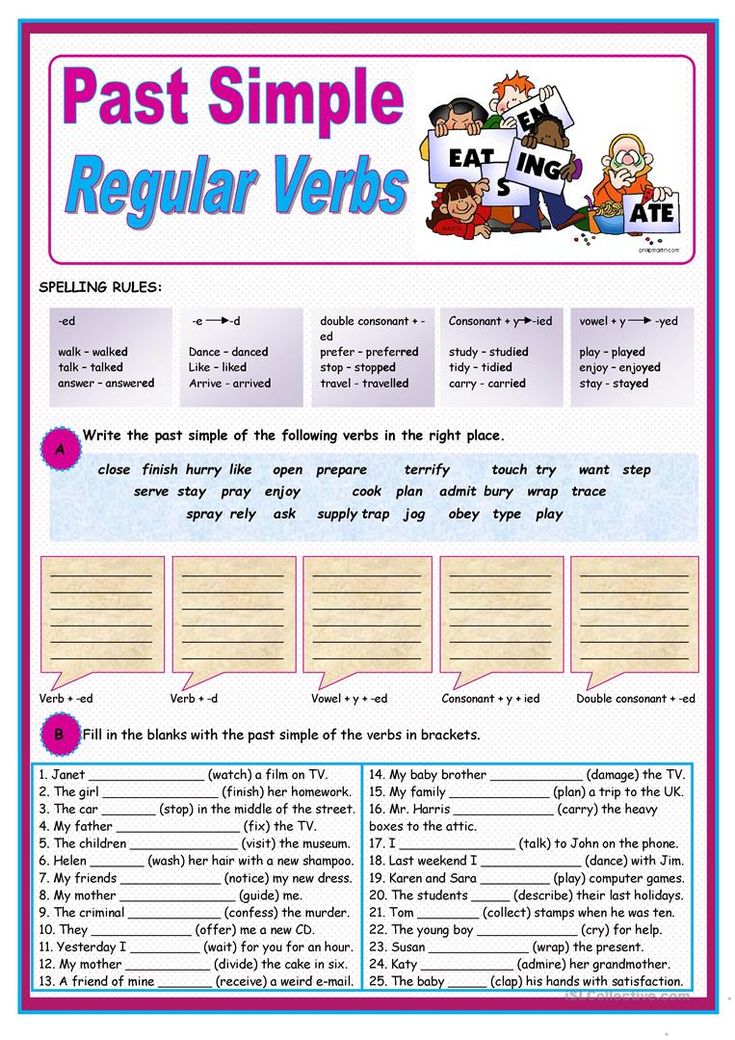 ..
..
(mice).
I will only find the threads
and a snake in the sky ... (start)
Fisherman, like a thing, an elephant with a trunk as a shower,
I was on the hook ... washes the back, washing ... ( ears).
(pike).
Our Sashka is surprised:
- there is a saucer, but where ...
(cup)?
Game techniques
Find "extra word"
Purpose: to develop the ability to highlight a common feature in words, develop attention, fix spellings zhi-shi, cha-cha. chu-shu.
Skiing, sorrel, luck, huts, flower. Siskins, swifts, hedgehogs, a miracle.
Make words using the following syllables.
Svea
Yes, Proobi
RO
TU COUNT
PI
CC
compose and write down sentences from each line.
cat, c. Tishka, lived, Misha, fragrant, meadow, on, grass. Vera, skis, y, new, fluffy, swirled, snowflakes, pears, kids, juicy, ate.
Circle the combinations ZhI, SHI.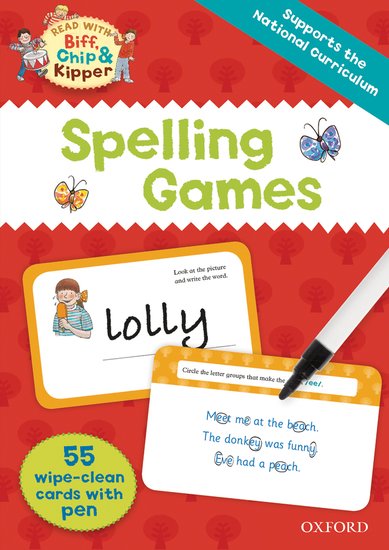
Ironed, dried up, bygone, squashed, lived, extinguished. dry, hut, gutted, disturbed, sewn, alo. drown out, refreshed, whirl, stellate, sewed. ... .
Find combinations of ZhI, SHI.
At Glasha, knight, lather, latitude, folded, sewn, snake, th, devastated, pastries, about a passenger, Minsk, lived, idea, oh. spikes, add up, intimidate.
Insert the letter Y or Y.
Rashozh...mi, wold.,.r, top...by us, w...lki, dosh...thy, w...sound, f...m, sky... faces, foreign ... nnaya, ate ... chase, ears ... tye, p ... ka, shast ... ka, push ... nk, sh ... memory, escape ... those, potatoes. ..n, S...b...r. l. l,..s.,.chka, raid.., those. attacked ... e. perfume, n, well ... dkoy.
Circle the combinations CHA, SCHA.
Wandering, capricious, comparing, often, snarling, aying, answering, for hours, coffee, noticed, you mean, two turbans, head of cabbage, tea, mischievous, sorrel, lightened.
Find combinations of CHA, SCHA.
Flirtatious, wedding, absorb, promised, turned, flirted, side by side, shepherd, coffee, mooing, cheating, “.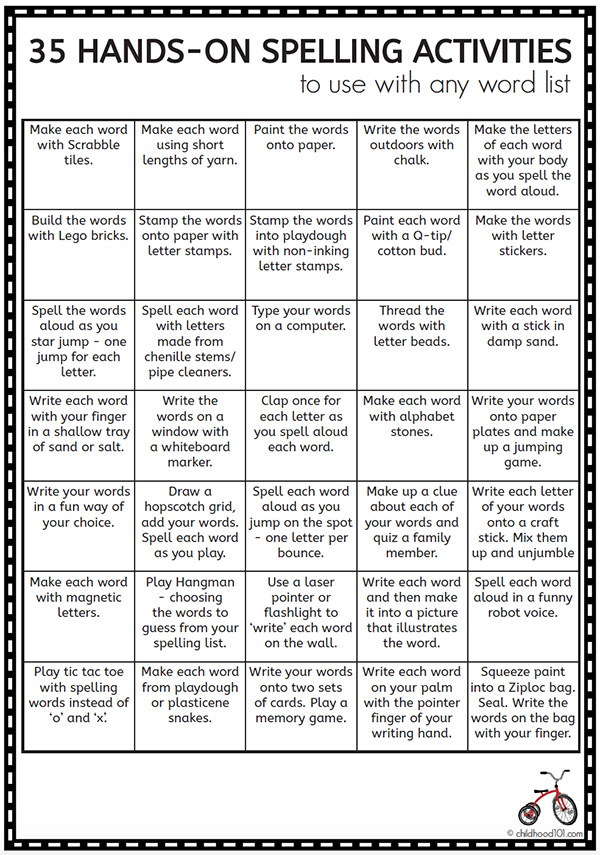 chaala, smelled, keep silent, March, drains, radiates, shyak. teal, hazel grouse.
chaala, smelled, keep silent, March, drains, radiates, shyak. teal, hazel grouse.
Insert the letter A or Z. fashionista...et, ch...shikami, ch...ch. h...stnika, rebuke...la, polish...you. zamych ... whether. horsetail...mi, Luce..., turn on, th...fellowship, swindle, return...get, rush...fly, purr...ni. PL ... SKI, wean ... l, to the chiefs.
Circle the combinations of NC, SC.
Pike, in a stocking, I’ll pay, I’ll sharpen, I’ll sharpen, I’ll connect, I’ll thicken, my mother-in-law, a strong man, I’ll shorten, wonderful, I’ll study, in the plague, a Chukchi woman, about tentacles, closets, sensitive, I’ll gull.
Find combinations of NC, SC.
Tubes, Borisovich, turn on, care, skip, prey, ironing, tubes, growl, felt, daughters, turn on, bow. nurses, a cube, a knife, about hatches, evils, a sum, fell in love, a plot, a sensitive instinct, hefty, Anyuta, eccentric, Chukchi, daughters, butuz, hook, fruity.
Insert the letter Y or Y. thicket ...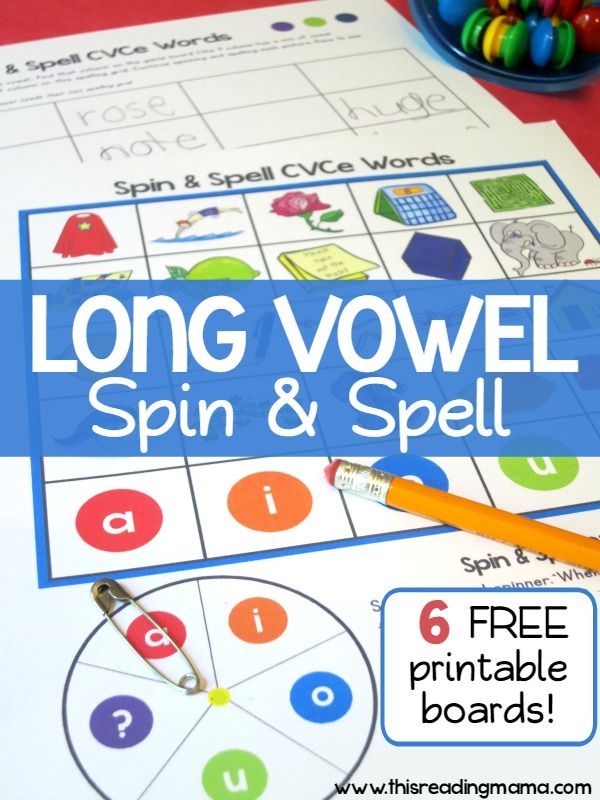 , l ... kavy, s.dig, Shch ... SHUGO. shch...chku, t...left, gl...hoy, h...smeary, skrrt...chila, cl...you, grumble...well, h...dachim, Ilyich. ... pl...shish, draw..., releasing.... crushed.
, l ... kavy, s.dig, Shch ... SHUGO. shch...chku, t...left, gl...hoy, h...smeary, skrrt...chila, cl...you, grumble...well, h...dachim, Ilyich. ... pl...shish, draw..., releasing.... crushed.
CARD 1.
Write a fairy tale that tells why the letters "Ж" and "Ш" are not friends with the letter "Y", but are friends with the letter "I".
CARD 2.
Compose a fairy tale that tells why the letters "H" and "Sch" are not friends with the letter "I", but are friends with the letter "A".
CARD 3.
Write a fairy tale that tells why the letters "H" and "Sh" are not friends with the letter "Y", but are friends with the letter "U".
CARD 4.
Find and correct the mistakes.
. watch, often, a little, grumbler, looking for, animal. (14 errors)CARD 5.
Read. Write down only those words in which there is a combination of ZhI - SHI. Pick out the spelling.
Rose hips have beautiful flowers.
Wonderful picture, how dear you are to me.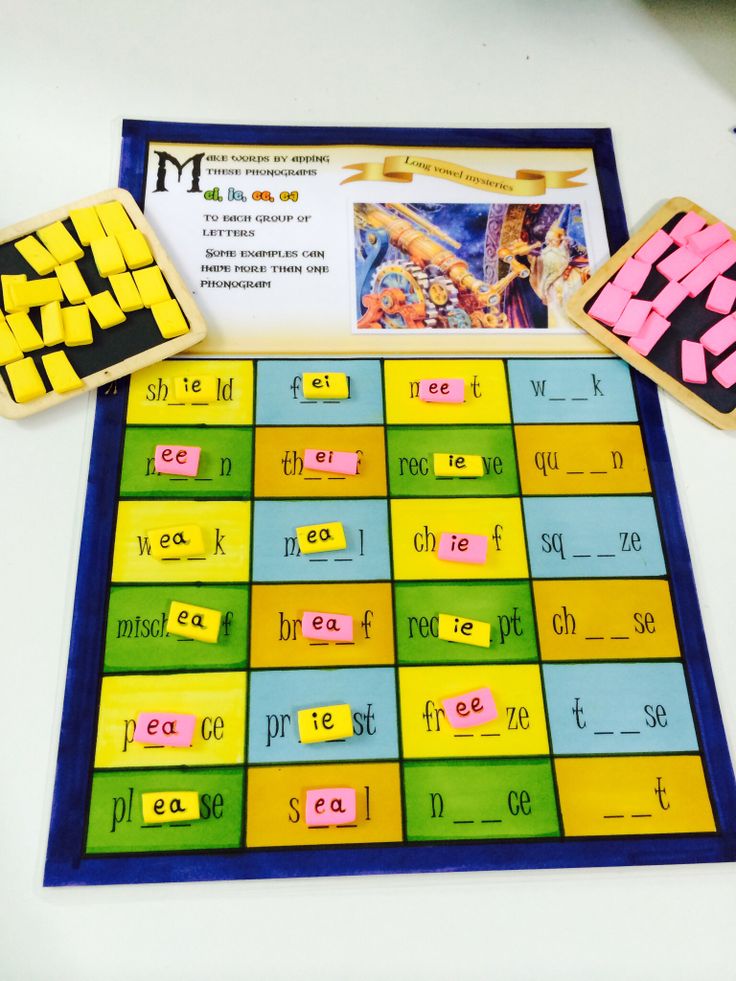
A new vest was made for Grandfather.
The machine has rubber tyres.
Our dog Ryzhik lives with us.
In the evening we drank rosehip tea.
Fluffy snowflakes swirled in the air.
Mice live in a mink.
CARD 6.
Complete the word or answer. Condition - the words must have spellings zhi-shi, chu-shu or cha-scha.
The cat lives on our roof,
And _ _ live in the closet.
***
Will not go without petrol
Neither bus nor _ _ _ .
***
If it leaked from the roof
And the snowdrifts are lower -
So the sun is hot,
Remove _ _ .
***
Streams run through the fields,
On the roads …
Ants will soon come out
After the winter _ _.
***
Spinning in the air
Little star,
Sat and melted
On my palm. (This is _ _ _ )
***
White polka dots
On a green leg. (This is _ _ )
***
A ball, but not fluffy.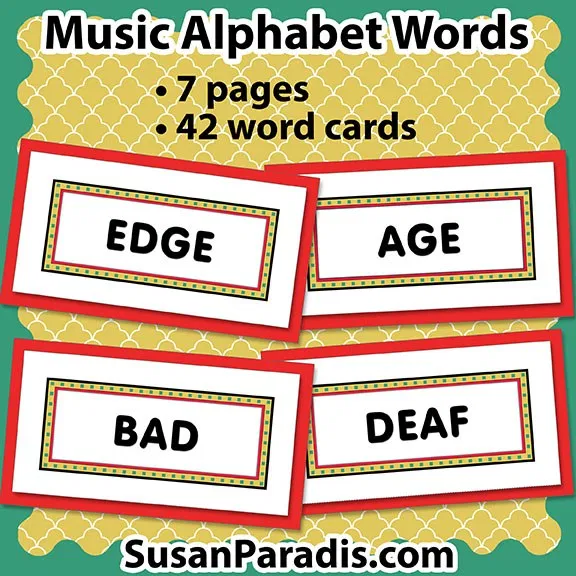
Prickly, yes ruff. (This is _)
***
They go, they run, but they won't leave the place. (This is _ _ )
CARD 7.
Choose the appropriate word with the spelling ZhI - SHI.
Volatile ___. Fragrant ___ . Pungent ___. Prickly ___. Nimble ___ . Colored ___. Dirty ___. Clean ___. Thick ___ . 9CARD 8
Fragrant tea - d______ tea,
spacious streets - w_____________ streets,
fat cat - f______ cat,
shaggy fir trees - n______ ate? CARD 9.
Replace the word with the opposite word (antonym) with spellings "zhi-shi, cha-cha, chu-shu"
dead - f_____________,
rarely - h____________,
lean (food) - f__________,
talk - m__________,
clean - h_m_________,
talker - m__________,
joy - no__________,
hide_t - seek_______,
end - n_______.
CARD 10.
Write the combinations "zhi-shi, cha-cha, chu-shu" to the left or right to make words.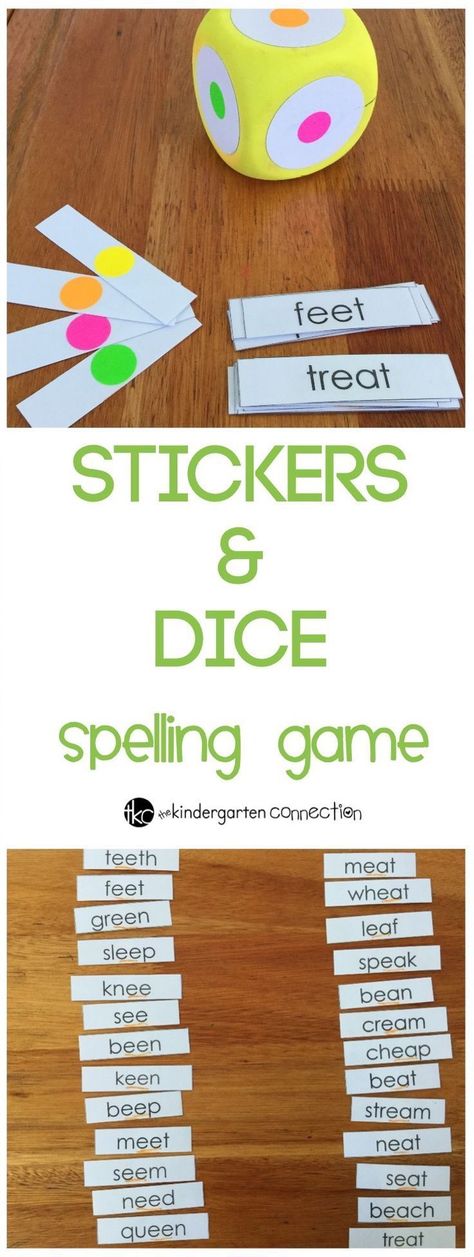
Zada__, __lok, yes__, ly__, __vet, __na, ho__, i__, ro__, __vel, __raf, __povnik, pi__, __sy, tu__, __do, __ka, __votik.
CARD 11.
Write the words in the plural.
Ear, ski, kid, knife, snake, swift, reed, hut, siskin, lily of the valley, cake, walrus, beach, pear, pencil, stained-glass window, puddle. 9CARD 12 woodpeckers - st ________, horses mch_t. CARD 13
A gum bush grew in the forest. It bloomed with _____ bright colors. It was _____. Good __ dusty roses! Masha began to pick roses. And there __py. Ma__ has a splinter. Gotta go to the doctor.
Grove.
Oak rose across the river. We __ take a walk in the grove. They sing loudly chi__. The lands are blooming. How dusty they are! Take care of these __ gum flowers. Don't tear them.
Pike.
__ is blowing in the pond __ka. Er__ and bream swim there. Fish hide from __ki. But __ is cunning. She guards her prey. __ka is a cunning fish.
Woodpeckers.
It's freezing cold.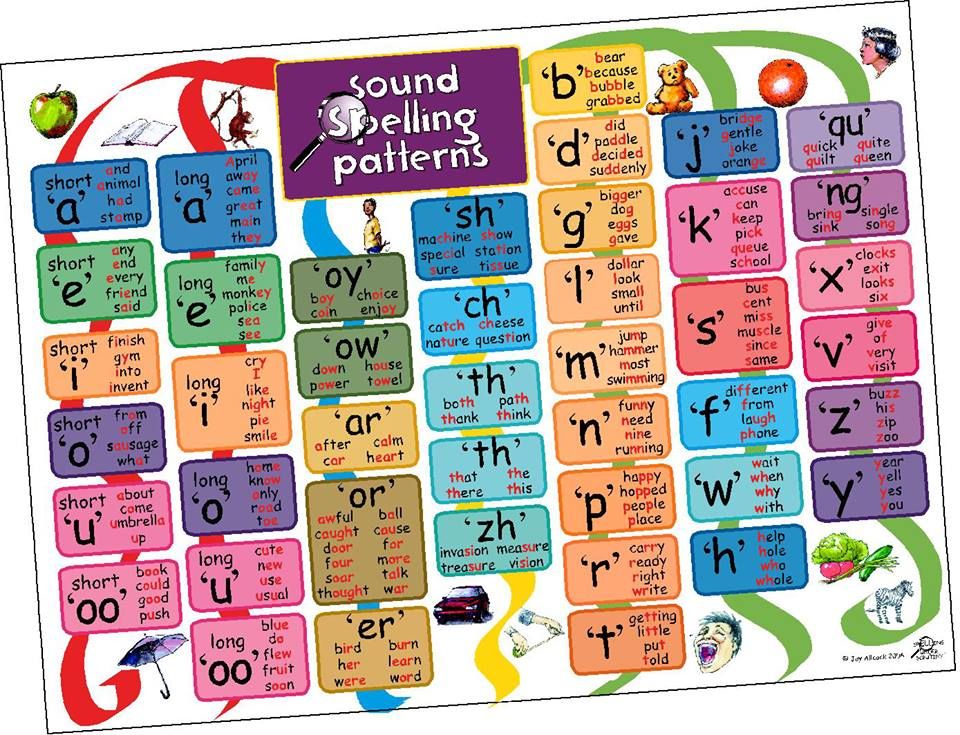 Silence in the forest. Only woodpeckers walk on trunks. They __t pi__ under the bark. Woodpeckers love to peck __ shki. There they __t tasty seeds.
Silence in the forest. Only woodpeckers walk on trunks. They __t pi__ under the bark. Woodpeckers love to peck __ shki. There they __t tasty seeds.
CARD 14.
Write down, underline the spelling "zhi-shi, cha-cha, chu-shu"
Hedgehogs and snakes lived in a living corner.
Masha and Misha had mice in their closet.
Ilyich is lucky, he has a car and a dacha.
The rooks squeak at the rook.
The doctor's candle is hot.
Theme of the lesson: SPELLING OF VOFES AFTER SIZING (zhi-shi, cha-cha, chu-shu)
Purpose of the lesson:
Educational:
generalization and repetition of the topic;
development of spelling and self-control skills;
Improving writing skills.
Educational:
instilling in children a love for literary creativity
Developing:
expanding students' vocabulary, getting to know new words;
development of speech, thinking, cognitive interests, intellect and emotions.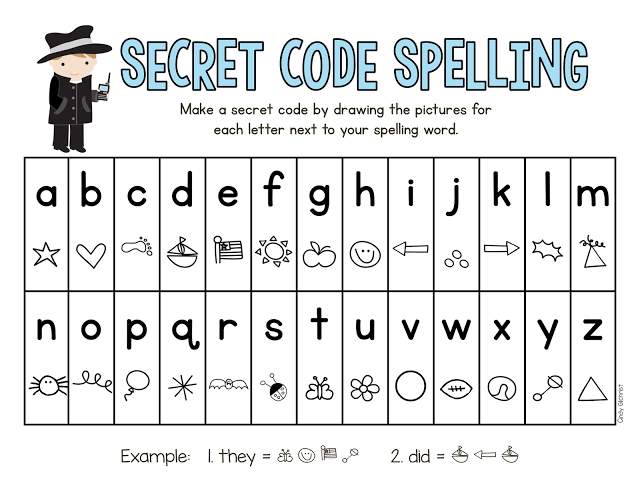
Lesson type:
1. Systematization and generalization of knowledge
2. Lesson structure:
3. Combined lesson.
Lesson progress.
1) Org. moment.
| Keep your mouth shut, guys. | Guess our fairy tale. |
Beyond the mountains, beyond the forests,
Beyond the wide seas,
In their wonderful house
Gnomes live in seven.
I settled with them.
Come on, open your eyes!
Snow White appears.
- I'm glad to welcome you to fairyland. Guys, what's her name, who knows? (Snow White).
-What fairy tale is she from? ("Snow White and the Seven Dwarfs").
2) Setting the goal and objectives of the lesson.
You guessed me,
You are right, Snow White, I am.
I live with my gnomes,
My gnomes are naughty,
They want to play.
Never met them,
So many smart guys!
- Guys, let's play with the gnomes?
-Then we go to the 1st dwarf. And his name is Pishichitay. He offers us his task.
(Writing on the blackboard: zha and w h y and y)
- What two groups can these letters be divided into?
- Orally compose all possible syllables (zhi, shi, cha, shcha, chu, shu)
-What do you think we will work on today? (To fix the spelling of the combinations zhi, shi, cha, shcha, chu, shu.)
3) Vocabulary work.
- Guys, here is the dwarf Talker. He talks too much, so listen carefully to the task that he will offer.
- Guess the riddles and write down the words:
1. Drinks gasoline like milk,
Can run far.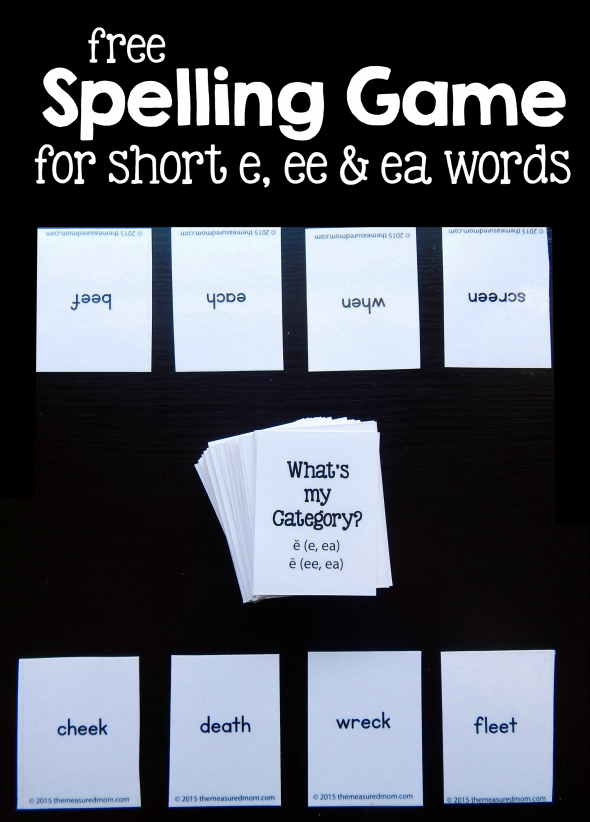
Carrying goods and people,
You know her, of course. (Machine)
2. Guess the riddle: who are we?
On a clear day we sit at home.
It's raining - we have a job:
Stomp, spank in the swamps. (Galoshes)
3. How light she is,
Lighter than the wings of a moth.
If you drop it, it will return again,
If you blow it, it will be carried away. (Fluff)
4. He walks with his head up,
Not because he is an important count,
Not because he has a proud disposition,
But because he ... (Giraffe)
5. What kind of stars are through
On a coat and on a scarf?
All through, cut-out,
And you take it - water in your hand. (Snowflake)
-What spellings are contained in the words?
Well done, you all did a great job. Let's go further.
4) And here is Bukvozhka and Curiosity
Guys, everyone was picking mushrooms in the forest. Sentences are written on the board, spellings are closed in them with “flashlights”.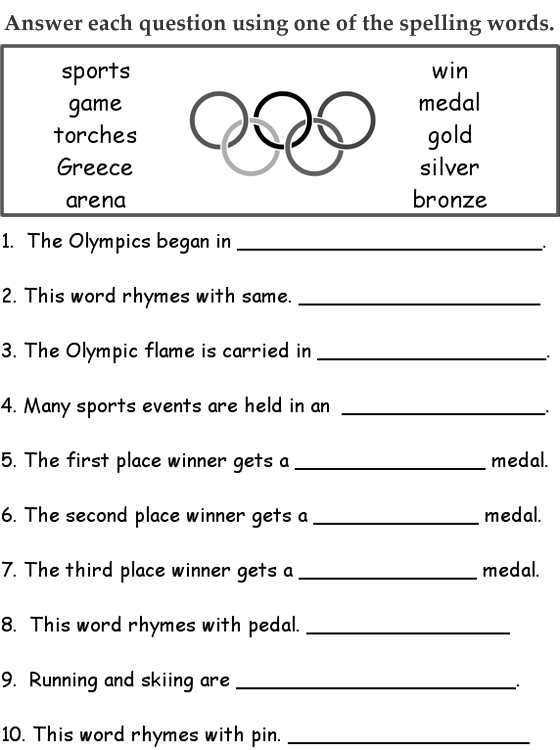
There are mushrooms in the wilderness.
I came to look for them, don't hurry.
We look carefully, like mushroom pickers. They wrote down the first sentence, found and underlined all the spellings they encountered.
Name all spellings, all difficult spellings.
Now we will write the second sentence. Pay attention to the verb do not rush.
Children answer:
- “Write separately without the verb!”
- “Shi write with and”.
- "Unstressed e, check the haste."
Guys, let's remember the rule about an unstressed vowel in the root:
If the vowel letter is in doubt,
You immediately put it under stress.
Children write sentences in a notebook.
Physical education minute.
I see you are very tired.
I'll call Veselchak.
He will spend a physical minute
Everyone will like it.
- I will now name the words.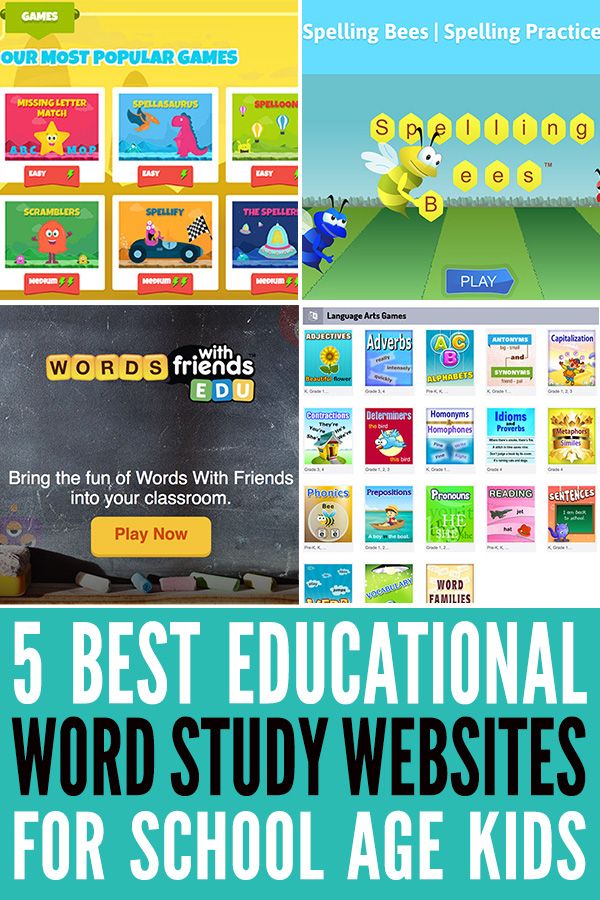 You squat when you hear a soft consonant in a word.
You squat when you hear a soft consonant in a word.
Words: table, pears, day, air, summer, color, snakes, puddles, ball, roof.
5) Help Tikhon.
Who is sitting in the corner?
Is he saying something quietly?
- Yes, this is the dwarf Tikhonya. Can't he remember the names of the cubs?
Wolf -
Hare -
Jackdaw -
Rabbit -
Gnome Repeater.
-Oh, how hot, I'm thirsty. And here is the magic well. And the gnome Repeater is waiting for us here. Let's ask him if you can drink from it?
Choose a bucket for yourself.
Place it in the window.
If placed correctly,
You can drink from the well.
Ski grove
w_raf
mouse h_to
tea bag
-Write these words by inserting the missing letters. Why do you need to remember the vowel in these combinations?
Verification
Total.
-So our journey has come to an end. I thank you all.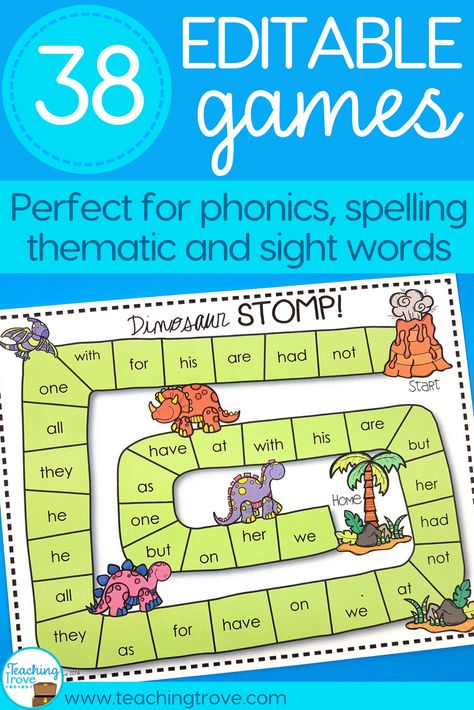 I really liked the way you worked, answered, wrote. You coped with all the tasks that the dwarves offered you. But in order to better remember the rule for writing words with combinations of zhi - shi, cha - cha, chu - shu, let's read these verses:
I really liked the way you worked, answered, wrote. You coped with all the tasks that the dwarves offered you. But in order to better remember the rule for writing words with combinations of zhi - shi, cha - cha, chu - shu, let's read these verses:
In combination Zhi - shi
Always and always write!
The reeds rustled:
“Only write those shi!”
The hedgehogs answered them:
“Only write to me!”
The Miracle – Pike strikes with its fin:
“Letter U is needed! And well - ka!
And the forest thicket rustles:
“Look more often as a rule,
There are magic words:
Write CHA and SCHA with A!”
- Did you enjoy your trip?
Closing eyes again,
We are flying away from a fairy tale.
1, 2, 3, 4, 5 we will return to the class again.
Summary of the lesson.
Didactic game in Russian "Not with different parts of speech"
- Soromotina Alla Mikhailovna
Sections: Russian language
Classes: 6, 7
Keywords: not with a verb NOT with participles
Explanatory note
The Russian language is one of the most difficult subjects in school. Therefore, the teacher needs to develop students' interest in this subject, to make learning the Russian language as joyful and exciting as possible.
One of the most effective means that can arouse interest in Russian language classes is a didactic game. The purpose of the game is to arouse interest in knowledge, science, books, teachings. When children are included in the situation of a didactic game, interest in learning activity increases sharply, the material being studied becomes more accessible to them, and their working capacity increases significantly.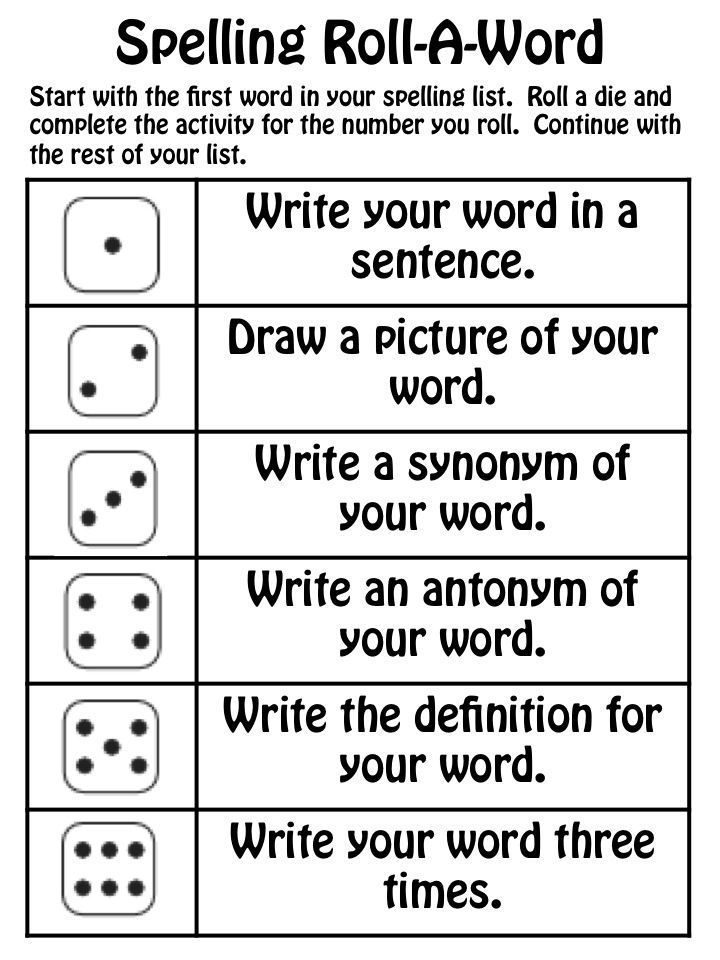
After all, the fact that the game is part of the educational process is not a secret for anyone. The game helps to form the phonemic perception of the word, enriches the child with new information, activates mental activity, attention, and most importantly - stimulates speech. As a result, children have an interest in the Russian language. Not to mention the fact that didactic games in the Russian language contribute to the formation of a student's spelling vigilance.
There are a lot of difficult topics that require constant attention to them in the course of the Russian language. And one of the most difficult topics is "Spelling a particle NOT with different parts of speech." This topic requires the constant attention of the teacher in the process of teaching students from the 5th to the 11th grade.
In the 7th grade, new sections are added to the previously studied rules on this topic: “Spelling Not with participles”, “Spelling Not with participles” and “Spelling Not with adverbs”.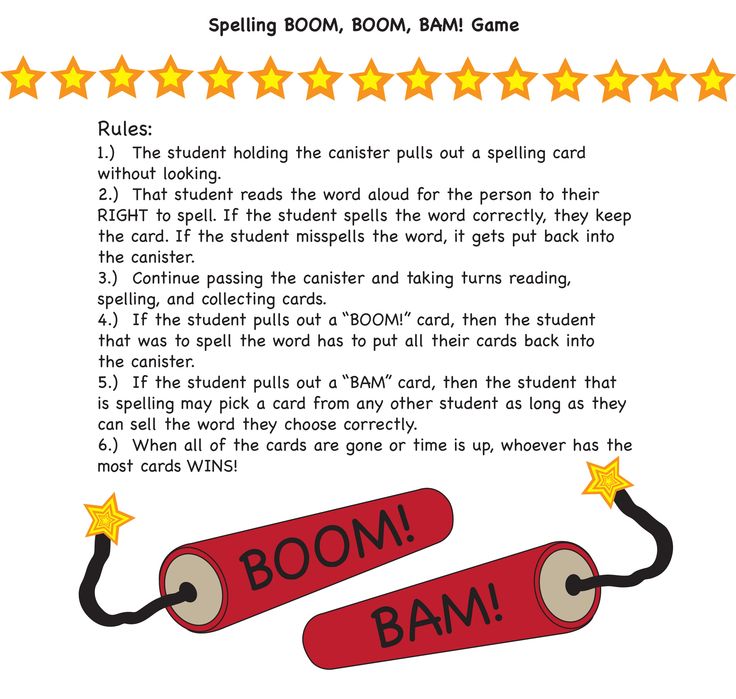 To better consolidate this topic, I developed a board game - lotto "Spelling of the particle Not with different parts of speech."
To better consolidate this topic, I developed a board game - lotto "Spelling of the particle Not with different parts of speech."
Purpose: consolidation of knowledge about the spelling of the particle NOT with different parts of speech
Tasks:
- Systematize knowledge about writing a particle NOT with different parts of speech
- Improve spelling skills of writing particles Not with different parts of speech
- Develop logical and critical thinking, the ability to select material, argue your point of view.
- To develop the cognitive interest of schoolchildren through a game form
- Develop attention, memory
Methods of using the didactic game in the Russian language course
This didactic game can be used at the stage of fixing the material on spelling Not with different parts of speech in grade 7 during group and individual work of students.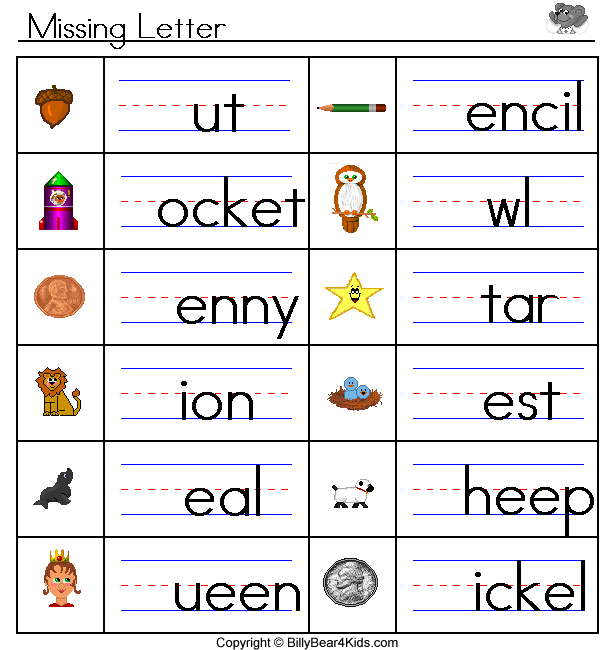 In addition, some of the material of this game can be used in the 6th grade, after studying topics on spelling Not with nouns, adjectives and verbs (the course of the game is described in the explanatory note to the didactic game).
In addition, some of the material of this game can be used in the 6th grade, after studying topics on spelling Not with nouns, adjectives and verbs (the course of the game is described in the explanatory note to the didactic game).
The game was held by me in the 2019-2020 academic year in grade 6b at Russian language lessons to reinforce the topics “Spelling Not with adjectives, nouns and verbs”. As a result of the use of this game material, the interest of children in this topic increased and in an interesting game form, this spelling rule was fixed among the students. The results of the vocabulary dictation on this topic showed the following results:
| Before using the didactic game | ||||
| Total class 24 people | Mark 5 | Mark 4 | Mark 3 | Mark 2 |
| 2 persons | 5 persons | 13 people | 4 people | |
| After using the didactic game | ||||
| Total class 24 people | Mark 5 | Mark 4 | Mark 3 | Mark 2 |
| 7 people | 14 people | 3 people | 0 | |
In addition, the game was used in the individual education of a child with disabilities.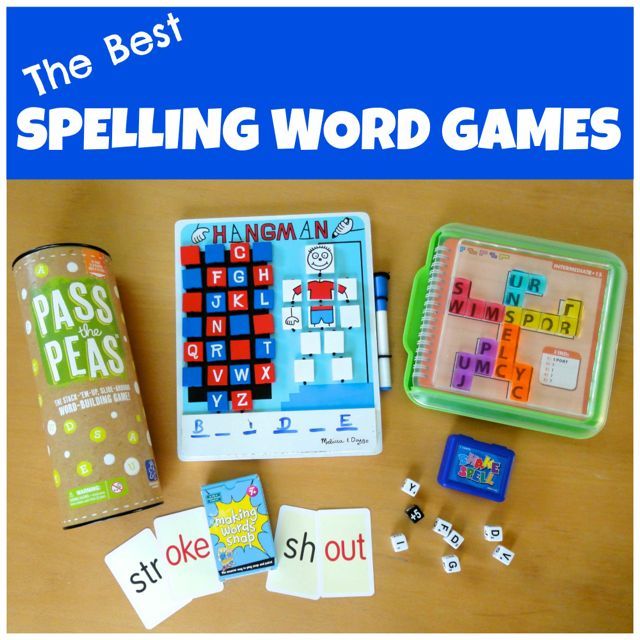 Children with disabilities get tired of writing texts very easily, and this game is a great alternative to regular writing!
Children with disabilities get tired of writing texts very easily, and this game is a great alternative to regular writing!
Perspective: this year I will use a didactic game after studying the topics “Spelling NOT with participles”, “Spelling NOT with participles”, “Spelling NOT with adverbs” both in Russian lessons and in an elective course on the subject.
Conclusion
Gaming technologies make it possible to create favorable conditions for gaining knowledge of the Russian language. They significantly activate thinking, attention, memory, increase interest in the material being studied, while ensuring ease of assimilation of the material. Thanks to gaming technologies, the strength of the acquired knowledge increases and the quality of the learning itself increases. The game is an indispensable tool in the development of the student's personality, with which you can increase interest in the Russian language and make this subject more "live" and exciting.